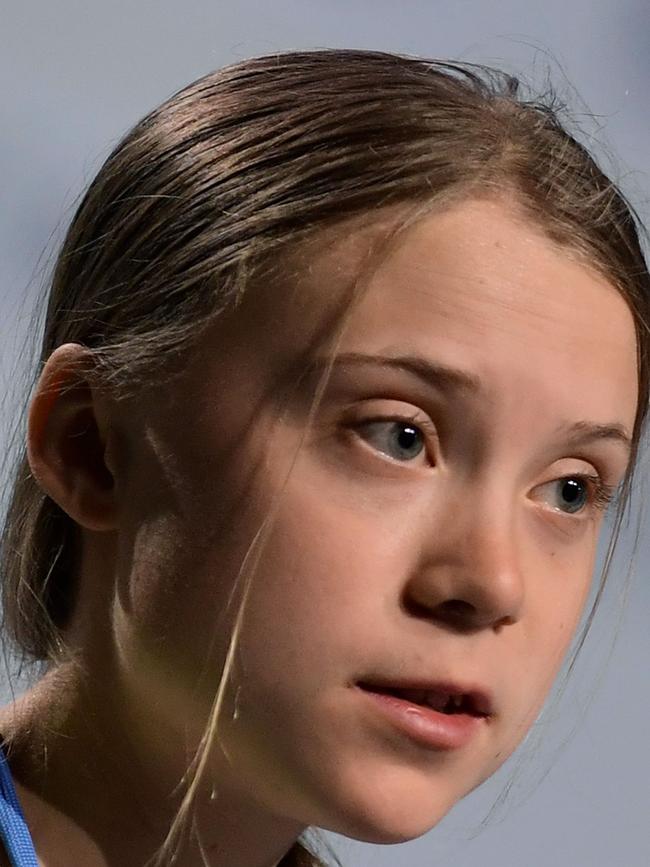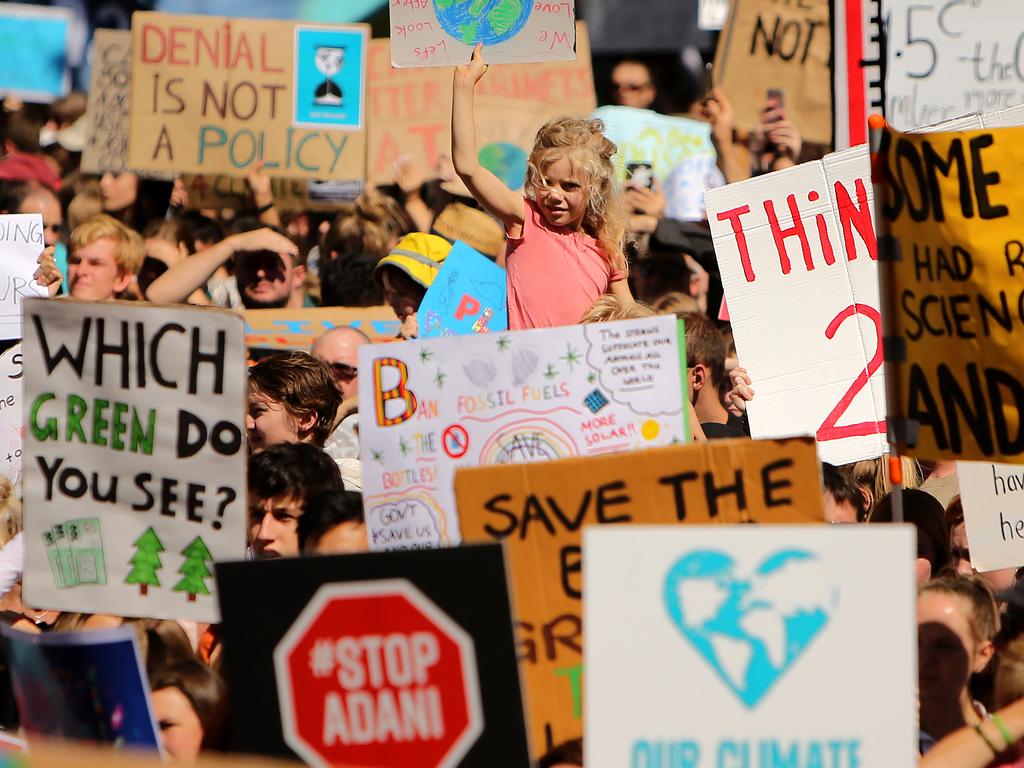Bushfire disaster fuels student climate activism
Young people are being urged to lobby friends and family on the need for ‘urgent climate action’.

Young people are being urged to lobby friends and family on the need for “urgent climate action” to counter an “unprecedented bushfire crisis”, as the student strike movement seizes on recent tragic fires to further its cause.
School Strike For Climate Australia has released a Bushfire Crisis Conversation and Action Guide that encourages young followers to promote its activism on the issue of climate change.
Released in December in the wake of fires across NSW that have burned through more than three million hectares, destroyed more than 800 homes and claimed several lives, the step-by-step guide appears to be closely modelled on material produced by the Tim Flannery-led Climate Council linking bushfires and climate change.
According to both groups, bushfires are “not normal”. “Powerful interests want us to think and act as though these fires are normal,’’ the school strikers’ guide says.
“They are being supercharged by climate change, fuelled by the mining and burning of coal, oil and gas, enabled by our federal government.”
The guide warns activists to be ready for pushback and contains a link to a list of “frequently asked questions” that might arise during conversations, including: “Are these bushfires unprecedented?”

According to the response: “Yes, these fires are unparalleled in several ways: the extent of the area burned, the underlying dryness of the soil and vegetation, and the poor air quality affecting people across the country.”
Neither the guide nor the accompanying material details Australia’s extensive bushfire history, such as the Black Saturday fires in 2009 that caused 173 fatalities and the destruction of more than 2000 homes or the 1983 Ash Wednesday blazes that hit Melbourne and Adelaide, killing 75 people and destroying nearly 1900 homes.
A technical review on the state of knowledge about climate change and bushfire risk in NSW published by the NSW Office of Environment and Heritage in 2015 — but still relevant, according to its author, senior climate scientist Hamish Clarke — highlighted considerable uncertainty around the issue and the need for further research.
“Fire is a complex phenomenon (and) many projections of climate change impacts on bushfire risks attempt to simplify this complexity by focusing on one of the major drivers of bushfire incidence: fuel amount, fuel moisture, fire weather or ignition,” it says.
“Research on fire weather, and to a lesser extent fuel moisture, points to the potential for large increases in bushfire risk, including a longer fire season, but also the possibility of little change.”
The report also stressed bushfires were “intrinsically linked” with human behaviour, such as arson, planning regulations, community awareness and active bushfire suppression.
Federal Environment Minister Sussan Ley said she did not criticise schoolchildren for being passionate about causes, especially the environment. However, she questioned the need for “politicised marketing campaigns telling them what to say and what to do in the process”.
“Climate change is impacting the severity and frequency of fires but we are also in a period of record drought and high fuel loads, and that is something Australia has endured before,” Ms Ley said.
“We need to respect the science, address practical issues to help our environment and meet our international climate commitments.”
A spokesman for School Strike For Climate said the crisis guide was written by the student-run network “with assistance from friends and adult supporters”.
“Our guide was produced because we were seeing a growing demand from people for resources to help them talk about the link between climate change and the bushfires with their friends and families,” the spokesman said.
The student strike movement has gathered pace over the past year, inspired by Swedish teen activist Greta Thunberg, who herself weighed in on the Australian bushfires at the weekend.
“Not even catastrophes like these seem to bring any political action. How is this possible?” Greta wrote in a post on Twitter on Sunday.
“We still fail to make the connection between the climate crisis and increased extreme weather events and nature disasters like the #AustraliaFires.”







To join the conversation, please log in. Don't have an account? Register
Join the conversation, you are commenting as Logout